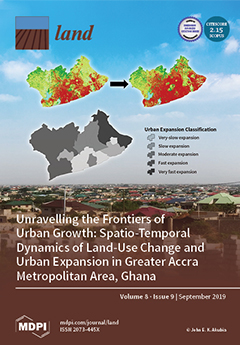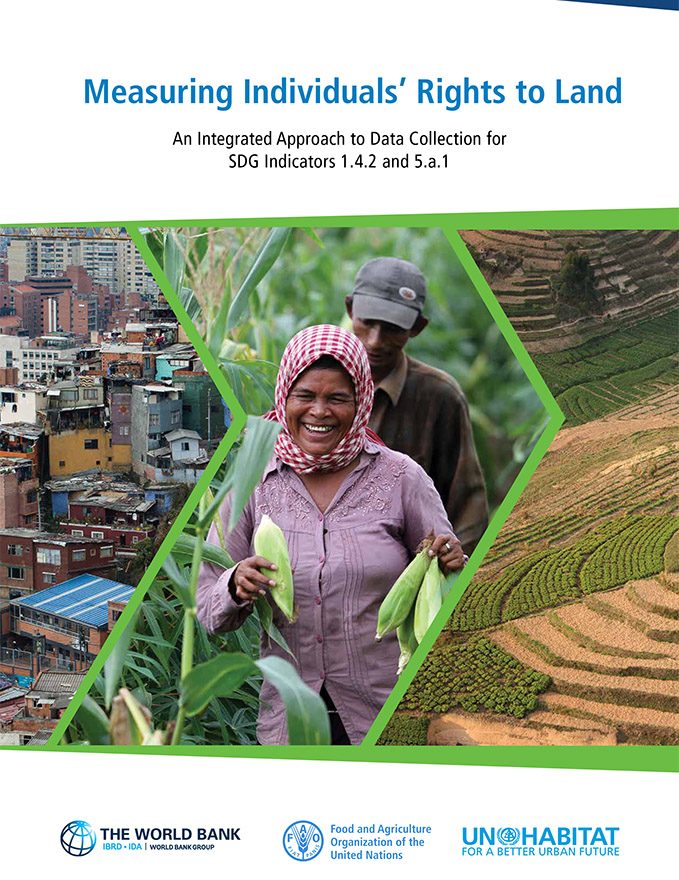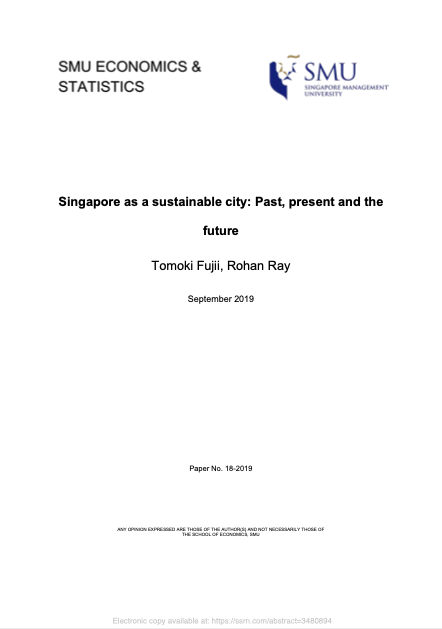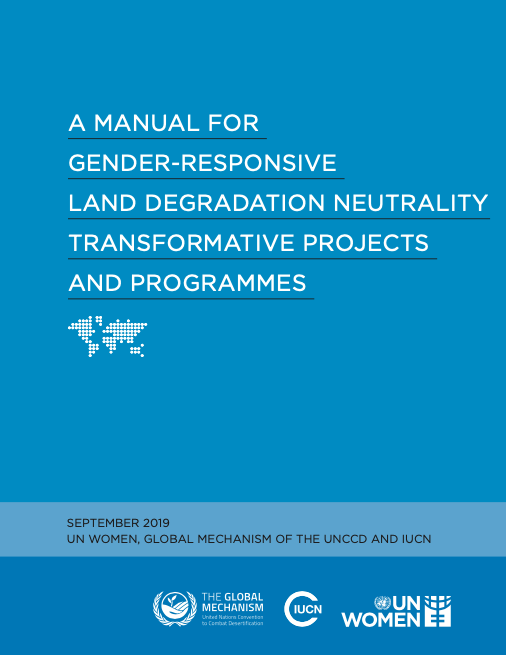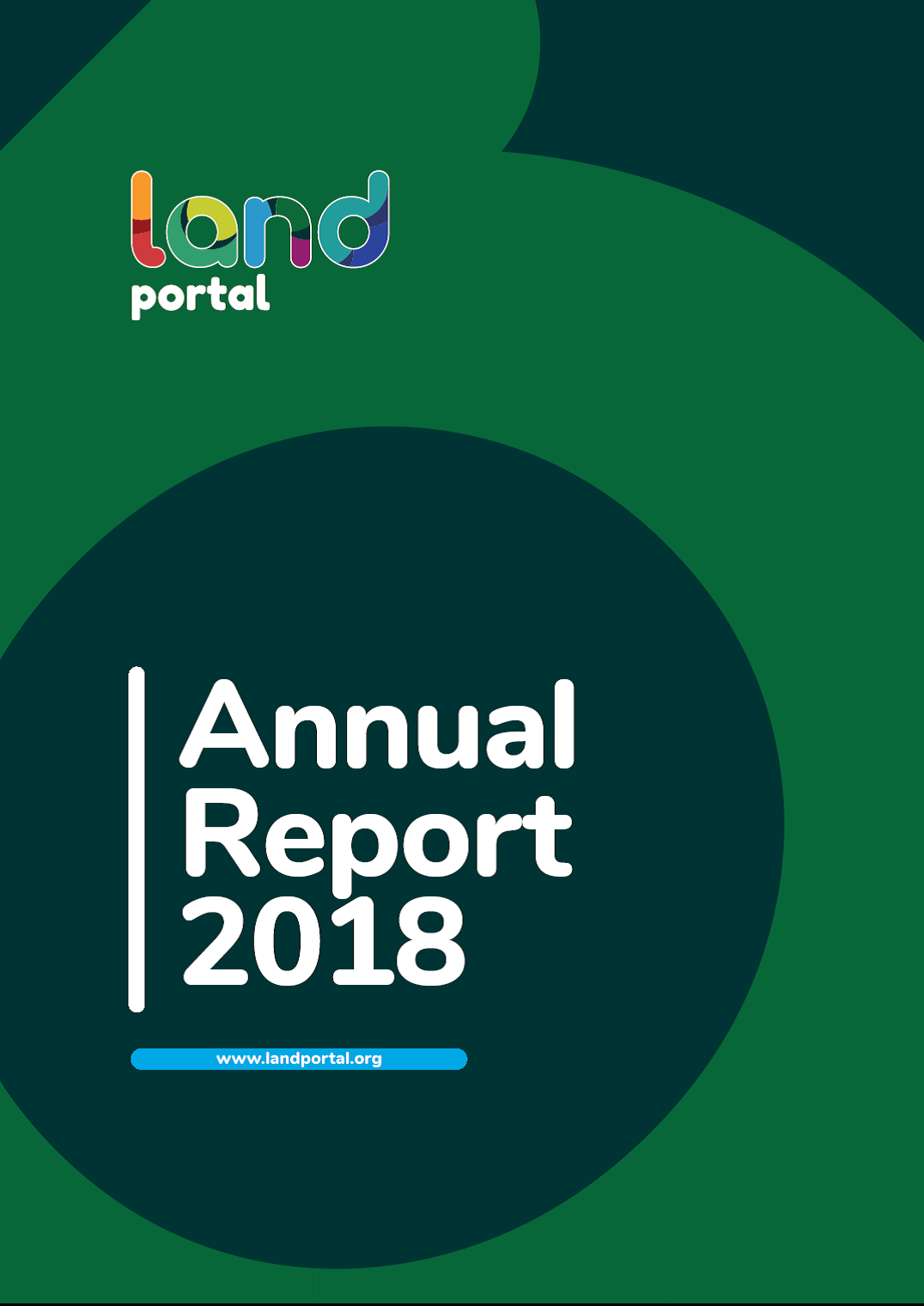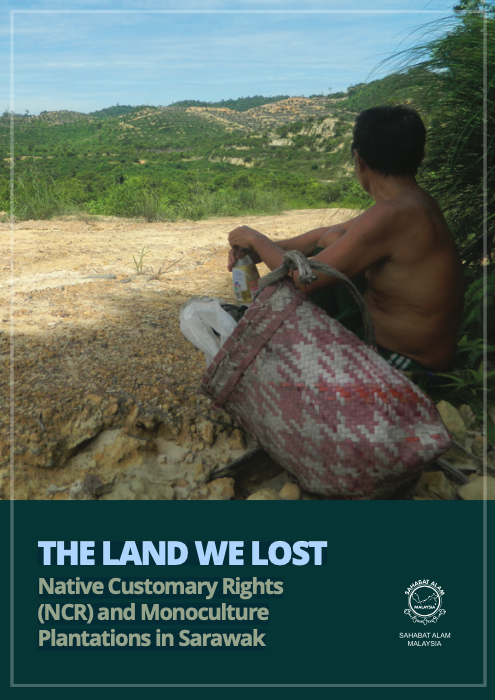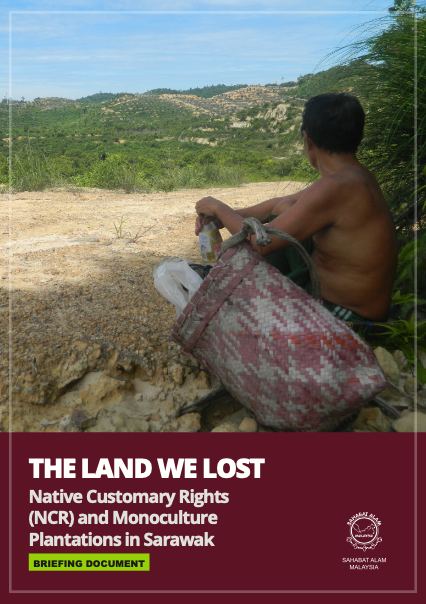Identifying Opportunities to Conserve Farm Ponds on Private Lands: Integration of Social, Ecological, and Historical Data
In some landscapes, effective conservation of wildlife habitat requires extending beyond the boundaries of reserves and addressing stewardship of private lands. This approach could be especially valuable for the conservation of farm ponds, which are abundant and serve key agricultural functions on private lands. Though farm ponds also provide wildlife habitat, little is known about how they are managed or how values and beliefs of their owners relate to their quality.

